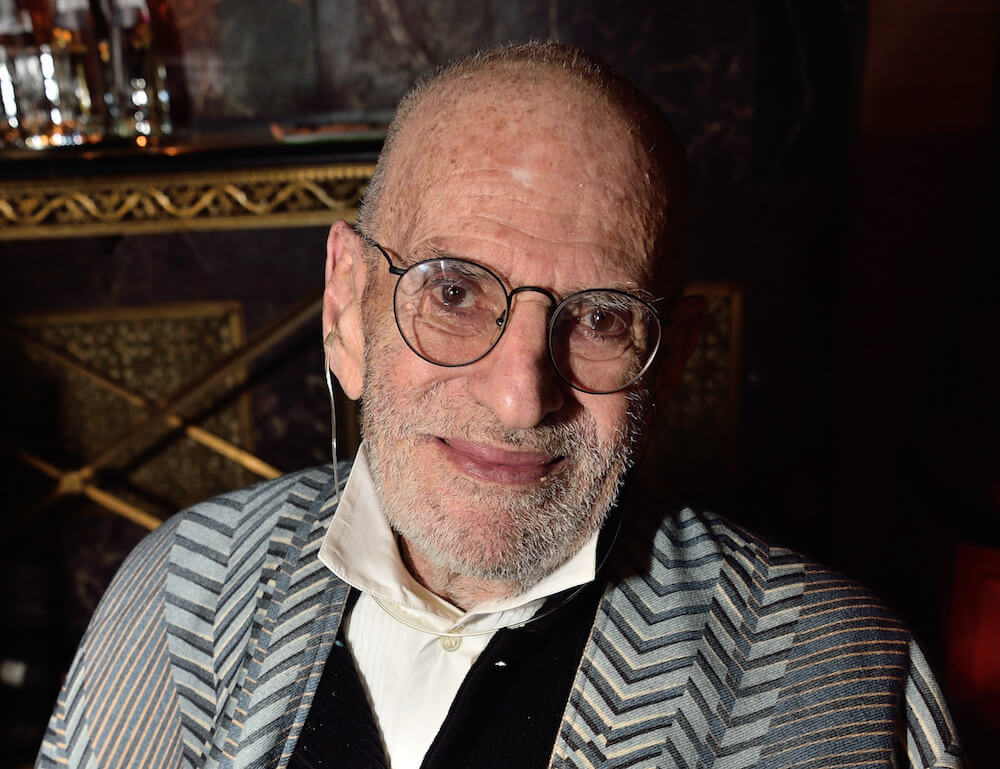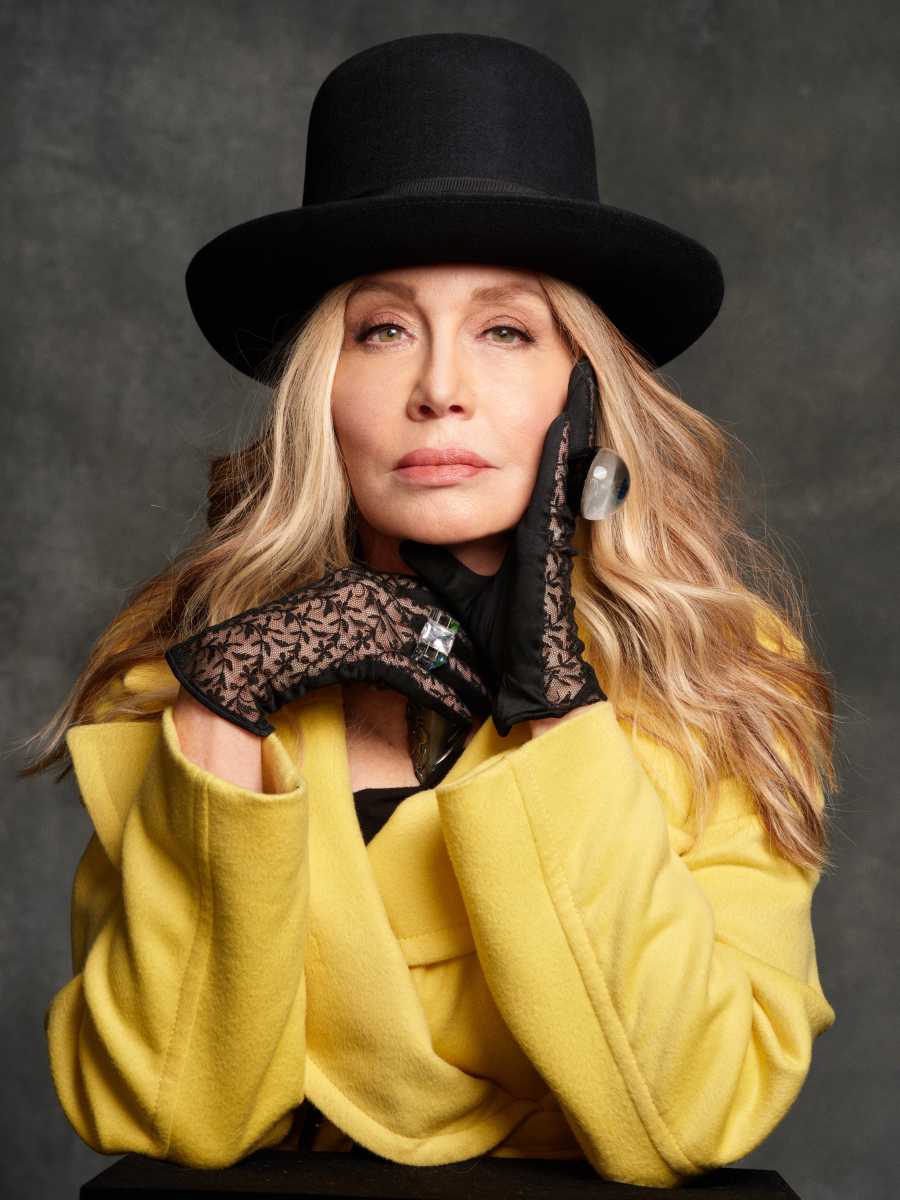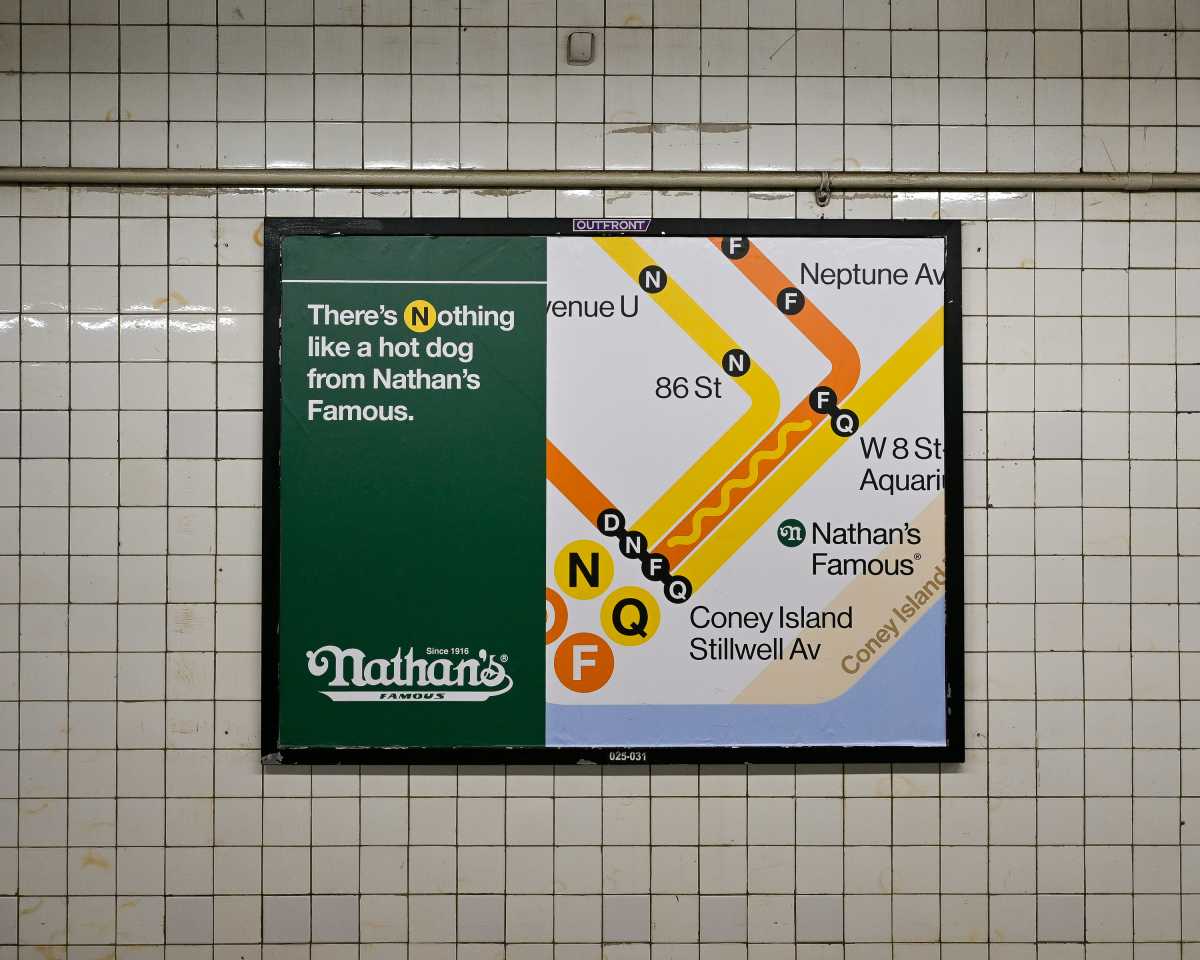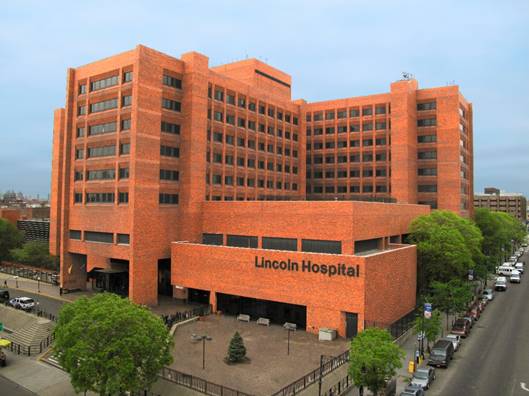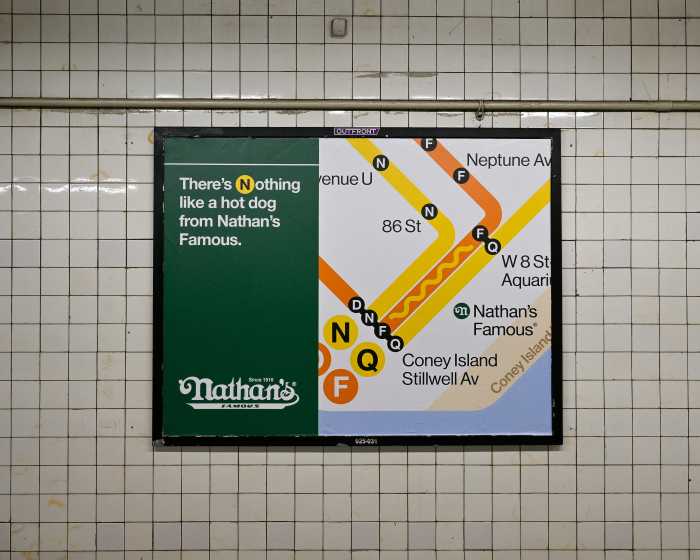BY PAUL SCHINDLER
Larry Kramer, who was one of the founders of Gay Men’s Health Crisis in 1982 and whose speech on AIDS at Manhattan’s LGBT Community Center in 1987 helped galvanize the formation of ACT UP, the AIDS Coalition to Unleash Power, has died at the age of 84.
In addition to his decades as an outspoken activist, Kramer was also a celebrated screenwriter, playwright, and author.
According to the New York Times, Kramer’s husband, David Webster, said the cause of death was pneumonia. Kramer, who lived with HIV for four decades, had been in ill health in recent years, but had successfully come through a liver transplant in 2001.
Kramer’s political style was confrontational, but his anger was not only directed at government officials, the medical establishment, and American society whose indifference and hostility to gay men, he argued ferociously, led to hundreds of thousands of AIDS death, but also at the LGBTQ community itself, which he often said was timid and even self-hating in its unwillingness to stand up for itself. Kramer inspired thousands of activists, in ACT UP and elsewhere, but he could often be scolding when speaking to gay audiences.
In a 2004 appearance at the 92nd Street Y, Kramer proclaimed himself angry at “everybody,” including himself, for the queer community’s lack of progress.
“I am motivated by what is so wrong,” he said, “and it is wrong that we are treated like such shit.”
Kramer’s depiction of gay life in Manhattan and on Fire Island in his 1978 novel “Faggots” also shined a stark light on the community, which the book painted as caring more about sex than love.
In his 1985 play “The Normal Heart,” Kramer created a character, Ned Weeks, based on himself in a play immediately hailed as a moral beacon during the catastrophic unfolding of AIDS. Mayor Ed Koch, The New York Times, and even the unnamed AIDS group that Ned Weeks helped found were indicted for their failures during the crisis.
“The Normal Heart” opened at the Public Theater, has been performed all around the world, and finally got its Broadway debut in 2011, for which it won the Tony for Best Revival of a Play, among three Tonys it garnered.
As a screenwriter, Kramer had his greatest success with his Oscar-winning adaptation of D.H. Lawrence’s 1920 novel “Women in Love” for Ken Russell’s 1969 film of the same name.
Between 2015 and 2020, Kramer published volumes one and two of his sprawling, nearly 1,700-page “The American People,” a reimagining of US history, guided by another stand-in for the author, this one named Fred Lemish.
Kramer remained an activist all his life. Last June, at the Central Park rally following the Queer Liberation March, staged as an alternative to the Heritage of Pride/ World Pride March the same day, Kramer displayed his mixture of love for and disappointment in the LGBTQ community.
“I love being gay, I love my people, I think in many ways we’re better than other people,” he said while seated in a wheelchair with ACT UP members standing behind him. “Most gay people I see appear to have too much time on their hands. If you have time to get hooked on drugs and do your endless rounds of sex-seeking cyber-surfing until dawn, you do have too much time on your hands… If we do not fight back against our enemies, we will continue to be murdered. But we have a population that is inept at organizing ourselves… We are not very good at fighting back.”
Some in the crowd that day became restless as he spoke, with a few shouting back that Kramer’s life proved otherwise.
This story first appeared on gaycitynews.com.



